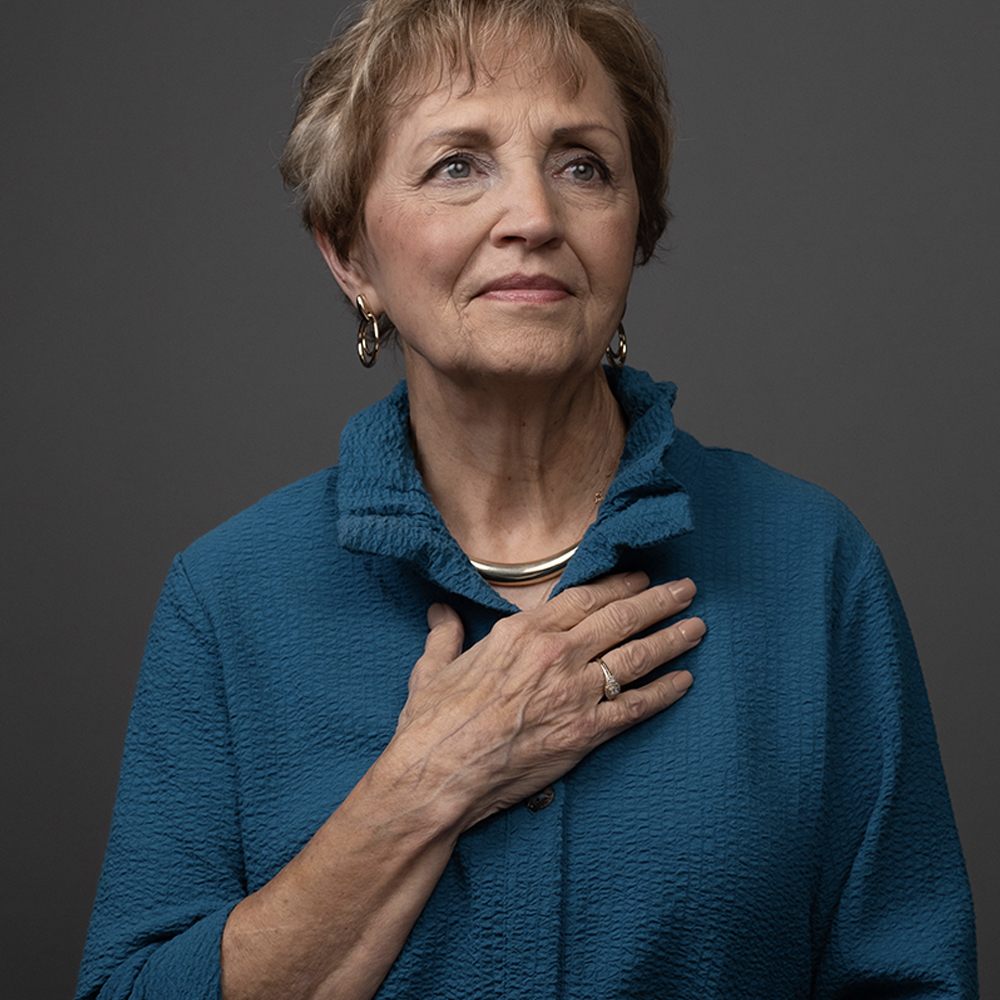THE TEA | February 2024
Empowering Women to be “Heart Smart”
As a cardiologist with roots in South Louisiana, my journey in medicine has been a personal and professional quest to understand the heart—its anatomy and its intricacies, especially in women and minorities. As I’ve moved from Franklin to New Orleans for college and then on to Arkansas, my path has been as much about learning as it has been about teaching. I’ve recently joined Baptist Health’s medical staff, and I’m excited to join their work in women’s health empowerment, especially when it comes to taking control of heart health.
The Unique Heart Health Challenges for Women
With new information available to us, we now know that women’s heart health looks different than it does for men, and it’s something I’ve seen up close in my work. Heart disease doesn’t stick to a script – it tends to sidestep those classic symptoms we’re all taught to look out for, like the kind of chest pain you hear about, which, by the way, comes from studies focused mostly on middle-aged white men. But for a lot of women, it’s not about chest pain at all. Instead, imagine something more subtle, like a persistent backache or feeling unusually wiped out. These aren’t just any symptoms; they’re the kind that can often get overlooked or downplayed. That’s exactly why I’m so passionate about making sure every woman feels empowered in their health, and gets the attention and care she truly deserves.
It doesn’t stop there. Women have their own set of heart health hurdles to clear, like pregnancy-related complications and the aftermath of breast cancer treatments – there are issues specific to the female body that heighten a woman’s risk profile. Plus, for women from communities at higher risk, like African American, Hispanic, and South Asian groups, knowing your family’s health history and how your genes might play a role is key. It’s all about being in the know and staying ahead of the game when it comes to feeling empowered, especially in the realm of women’s heart health.


Prevention: The Key to Heart Health Empowerment
Equipped with this information, we know that prevention is paramount. It’s about making informed choices to tackle both nonmodifiable and modifiable risk factors head-on. Individuals can actively reduce their risk of heart disease by addressing modifiable factors through lifestyle changes such as adopting a healthier diet, increasing physical activity, quitting smoking, limiting alcohol intake, and managing weight, blood pressure, cholesterol, and blood sugar levels. Meanwhile, monitoring nonmodifiable factors like age, gender, genetics, family history, and ethnicity, which inherently influence heart disease risk, can mitigate overall heart disease risk proactively.
Education is one of the most important health tools for women to feel empowered to combat heart disease. Understanding the importance of screenings, recognizing the significance of symptoms, and being proactive about your health are essential steps. With Baptist Health’s initiative like the Be Heart Healthy program, women have access to affordable and comprehensive screenings, empowering them to take control of their heart health.
While implementing a heart-healthy diet and physical activity are non-negotiables when preventing heart disease, the role of mental health and stress management cannot be overstated. The connection between the mind and heart is profound, and nurturing both is essential for overall well-being.
Vigilance is Key
My advice to women everywhere is to be vigilant about your heart health. Understand your risks, advocate for yourself, and never underestimate the power of prevention. Heart disease is the number one cause of death for women, but with the right knowledge and resources, we can face it head-on. For anyone looking to embark on this journey towards better heart health, know that you’re not alone. Programs like those offered by Baptist Health are here to guide, support, and empower you every step of the way.
Understand your risks, advocate for yourself, and never underestimate the power of prevention.


Dr. Christen Johnson
Dr. Johnson, originally from Franklin, Louisiana, earned her medical education from the Louisiana State University School of Medicine after completing her bachelor’s degree at Xavier University of Louisiana. Her post-graduate work included an internal medicine residency and a cardiovascular disease fellowship at Louisiana State University.
“My ultimate goal is to promote prevention of cardiovascular disease and form collaborative relationships with my patients to ameliorate their cardiovascular conditions through education, compassion and communication,” Dr. Johnson said.
In her spare time, Dr. Johnson enjoys attending concerts and theater productions as well as traveling with family.
